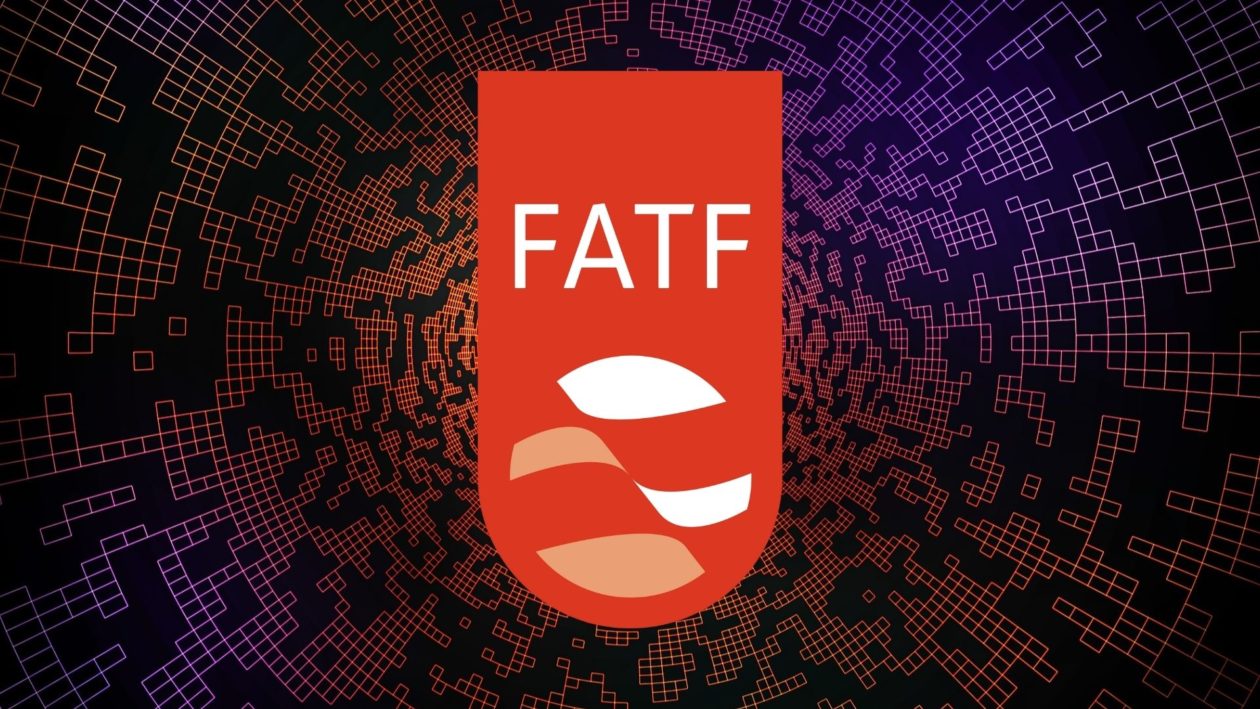The Financial Action Task Force — the global anti-money laundering and counter-terrorist financing standards-setter — this week released its second 12-month review on virtual assets and virtual asset service providers, and called on countries to implement the revised FATF standards, including travel rule requirements “as soon as possible.”
“The global nature of the underpinning technology of virtual assets and the ease and speed at which VASPs can establish or move operations around the world means that a jurisdiction which takes no action could become a ‘safe haven’ for unregulated VASPs,” FATF wrote in the report.
Implementation of revised FATF standards ‘far from sufficient’
Under the revised FATF standards, issued in 2019, jurisdictions may either permit and regulate VASPs or ban them.
According to FATF, 58 jurisdictions of 128 have introduced legislation to implement the revised FATF standards, with six banning VASPs. Seventy countries have yet to implement the revised standards in national law. The report was based on the findings of a self-assessment questionnaire conducted in March and April surveying the status of countries’ revised FATF standards implementation.
“The lack of regulation or the lack of enforcement of regulation in jurisdictions is allowing for jurisdictional arbitrage and the raising of ML/TF risks,” FATF wrote.
See related article: FATF: Most countries have yet to implement anti-terrorism crypto ‘travel rule’
Travel rule implementation lacking
FATF also called for global implementation of the travel rule — a key AML/CFT measure to ensure that originators and beneficiaries of financial transactions are identified — and the development of technology solutions to address travel rule requirements as a priority.
“The lack of implementation of the travel rule by jurisdictions is acting as disincentive to the private sector, particularly VASPs, to invest in the necessary technology solutions and compliance infrastructure to comply with the travel rule,” FATF wrote.
“What is missing right now is an immediate commitment from many jurisdictions,” Pelle Brændgaard, CEO of Notabene, a crypto compliance platform, told Forkast.News in an email. “The FATF is signaling that it is ready to take serious and appropriate action here.”
With travel rule implementation uneven across different countries, a “sunrise issue” has emerged, with VASPs having to comply while others don’t. Countries that have implemented the travel rule include the United States, Switzerland and Singapore.
“This transitional period is a challenge for VASPs that have travel rule requirements, both in terms of potential competitive disadvantages and the approach they should take for the transfer of travel rule information with their unregulated counterparts,” FATF wrote. “This is another reason that driving implementation of the travel rule by jurisdictions should be a near-term priority. A rapid increase in the number of implementing jurisdictions would greatly reduce the sunrise issue.”
Various technological solutions are being developed. Notabene told Forkast.News that three companies in Singapore — Luno, Crypto.com and Xfers — as well as Sparrow Exchange and Onchain Custodian, underwent extensive, multiple-phase testing of its automated travel rule transfers product, which also enables the sending of transfers to counterparties that do not have such a product.
Strong AML/CFT controls can help growth in the virtual asset sector
The virtual asset sector has seen “strong and rapid growth” since FATF revised its standards, FATF wrote, adding that this indicated that innovation in the sector had not been stifled and “greater regulatory certainty and strong AML/CFT controls at the international level can act as a facilitator to business development and public adoption.”
FATF also pointed out that although the value of virtual assets involved in ML/TF cases was relatively low compared to traditional financial services and products, there had been an increase in the use of cryptocurrencies for ransomware payments, and it warned that the pace, sophistication and costs of ransomware attacks were likely to grow.
Tools and methods to increase anonymity in virtual asset transfers continue to be used and developed, FATF wrote, adding that the wide range of techniques includes mixers or privacy coins (which are considered virtual assets) and privacy wallets, chain-hopping and dusting (which allow the transfer of tiny quantities of virtual assets) and the use of decentralized applications, decentralized exchanges and atomic swapping exchanges.
No need to amend FATF standards to cover Peer-to-Peer transactions
FATF’s report found that although a significant amount of certain virtual assets are transferred on a peer-to-peer basis, blockchain data showed that there was no need to amend the revised FATF standards at this point in time.
However, FATF noted that “a shift to a significantly disintermediated world could potentially pose challenges to the effectiveness of the FATF standards. If P2P transactions were to increase to the point that were to occur almost entirely on a P2P basis and criminals were able to exist entirely in the virtual asset ecosystem, without ever interacting with VASPs and on- and off-ramps to the traditional fiat economy, the current FATF standards might need revision to sufficiently mitigate the ML/TF risks.”
Next steps
FATF plans to finalize and publish its revised guidance on virtual assets and VASPs by November. The revised guidance is intended to provide clarity on the definition of virtual assets and VASPs, P2P transactions and unhosted wallets, stablecoins, licensing and registration of VASPs and the travel rule.
Apart from public sector outreach, FATF is developing training for its global network on virtual assets and VASPs and plans to launch the training in the second half of 2021.
See related article: As DeFi swells past US$140 billion, FATF stokes worries over KYC/AML





